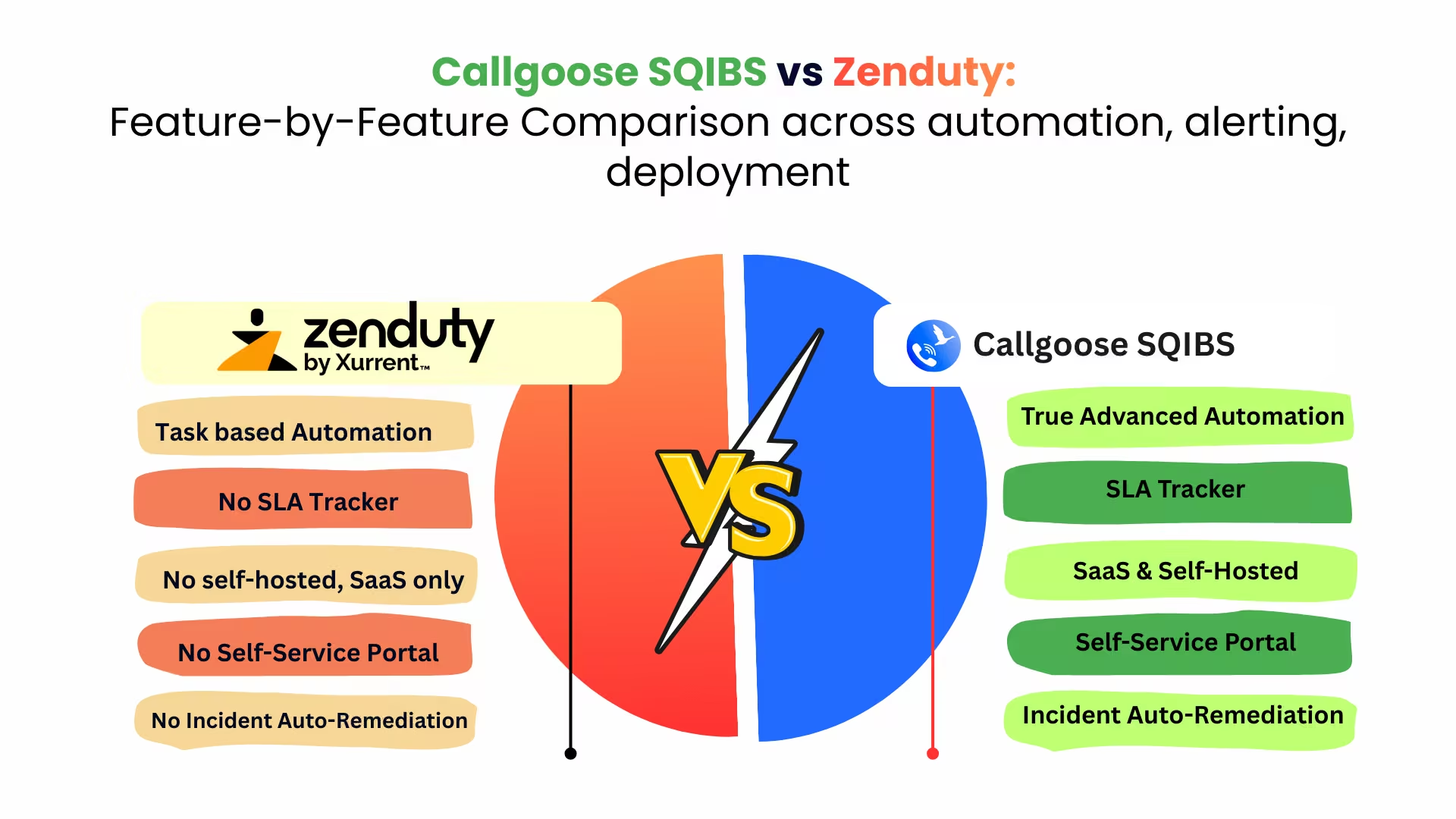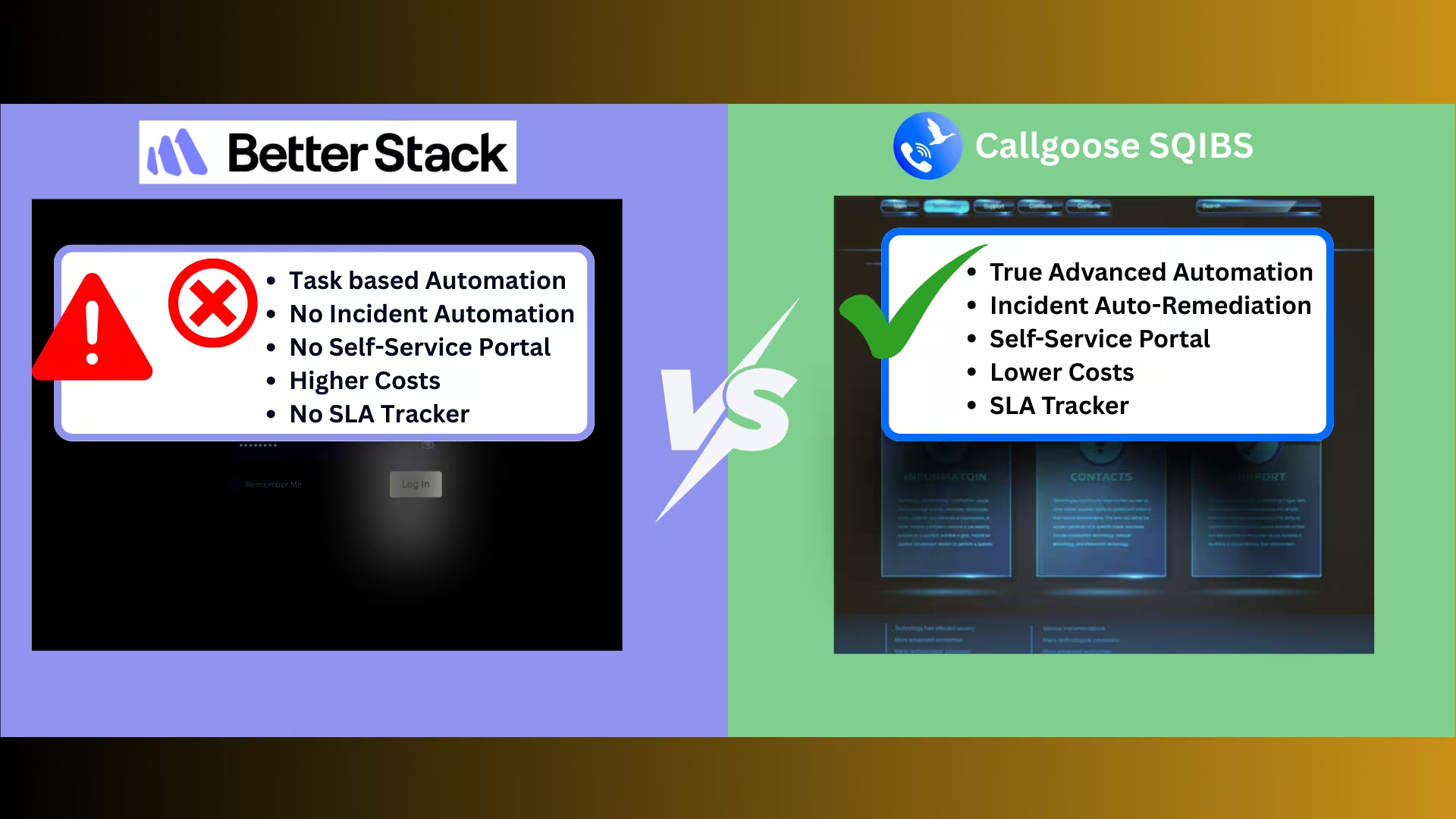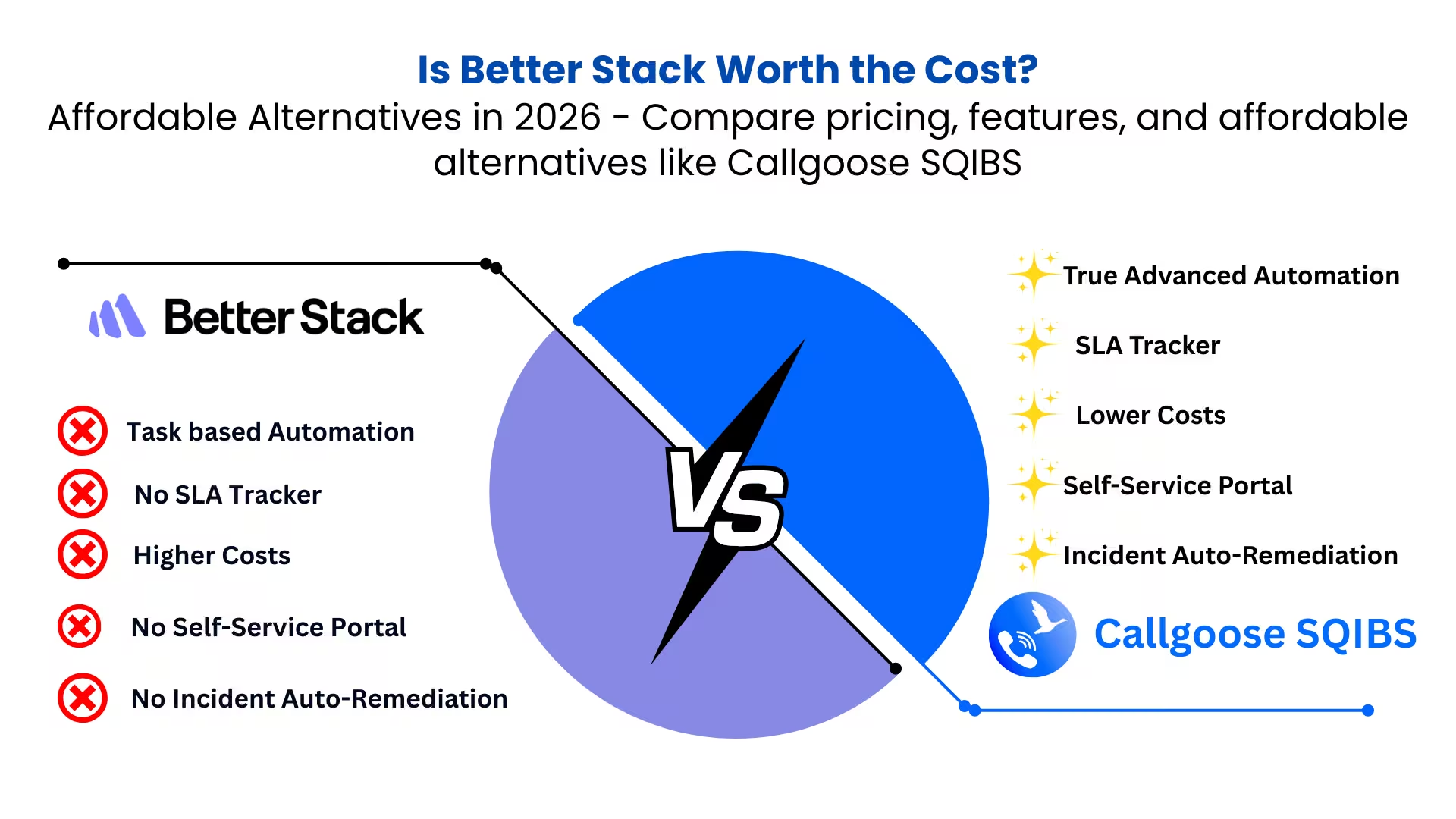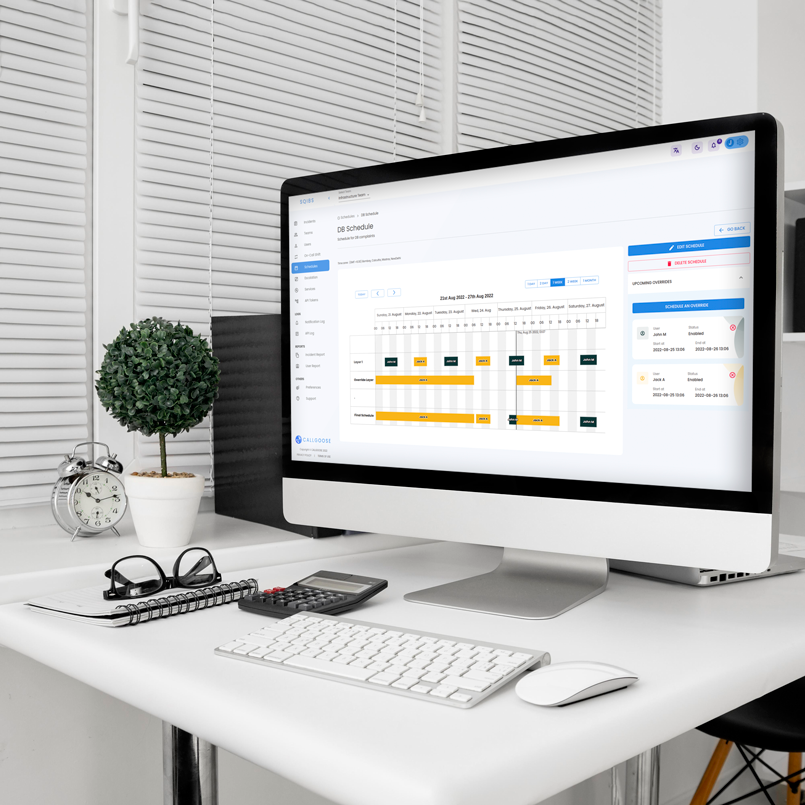
CALLGOOSE

CALLGOOSE
BLOG
25 August 2024 | Tony Philip
6 Minute Read
What is process automation? Is it different from Runbook automation?
Process automation involves automating a series of tasks or activities within a business process to improve efficiency, reduce errors, and save time. It aims to streamline workflows by eliminating manual interventions wherever possible.
Runbook automation is a specific type of process automation focused on automating IT operational procedures and tasks. It typically involves creating runbooks, which are sets of predefined procedures or scripts that can be executed automatically to perform tasks such as system configuration, maintenance, troubleshooting, and incident response. Runbook automation is often used in IT operations to improve efficiency, standardize processes, and minimize human error. While process automation can encompass a broader range of business processes beyond IT operations, runbook automation specifically targets IT-related tasks and workflows.
Runbook automation is the subset of process automation
Process Automation generally refers to the broader automation of business processes, which can include a wide range of activities across different departments within an organization. It focuses on automating entire workflows and processes to improve efficiency and consistency.
Runbook automation is also a process automation right?
Yes, Runbook Automation (RBA) is a subset of Process Automation. While both involve automating tasks to improve efficiency and consistency, they differ primarily in their scope and application areas. Here’s a more detailed explanation:
Process Automation is a broad term that refers to the use of technology to automate complex business processes. It focuses on:
Runbook Automation is specifically focused on IT operations and incident management tasks. It involves:
Runbook automation is indeed a form of process automation but is specialized for IT operations. It automates routine, repeatable IT tasks and incident responses, thus contributing to the overall goal of process automation—improving efficiency, consistency, and scalability of business operations.
By using the Callgoose SQIBS Automation Platform, you can set up robust Runbook automation and Process automation workflows to enhance efficiency, reliability, and responsiveness in your IT operations and other Business operations.
Refer to Callgoose SQIBS Incident Management and Callgoose SQIBS Automation for more details

BLOG
5m Read
Callgoose SQIBS vs Zenduty | Detailed Feature Comparison 2026 - comparison of automation, workflows, playbooks, SLA tracking, alerting, pricing, and enterprise readiness
23 February 2026
|
Sophia Mark
Introduction As incident management platforms mature in 2026, buyers are no longer satisfied with basic alerting and task coordination. Enterprises increasingly demand automation-driven resolution, SL...

BLOG
5m Read
Looking for the best Better Stack alternative in 2026? Discover why Callgoose SQIBS leads in automation, SLA tracking, ChatOps, multilingual alerting, and cost efficiency
12 February 2026
|
Sophia Mark
Introduction As incident response requirements evolve in 2026, organizations are no longer satisfied with tools that only deliver notifications and coordinate manual response. Teams now require automa...

BLOG
5m Read
Explore the most affordable Better Stack alternative in 2026 - Callgoose SQIBS offers automation, SLA tracking, and ChatOps at a lower cost
12 February 2026
|
Sophia Mark
Introduction For DevOps, SRE, and IT operations teams in 2026, affordability alone is not sufficient, cost efficiency must be paired with automation depth, SLA governance, and operational scalability....

CALLGOOSE
SQIBS
Advanced Automation platform with effective On-Call schedule, real-time Incident Management and Incident Response capabilities that keep your organization more resilient, reliable, and always on
Callgoose SQIBS can Integrate with any applications or tools you use. It can be monitoring, ticketing, ITSM, log management, error tracking, ChatOps, collaboration tools or any applications
Callgoose providing the Plans with Unique features and advanced features for every business needs at the most affordable price.
Unique Features